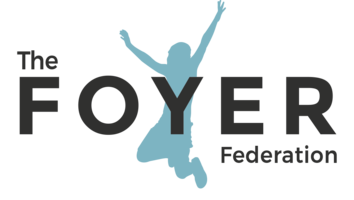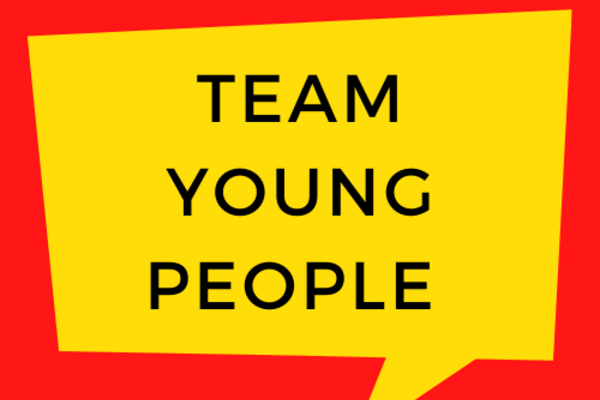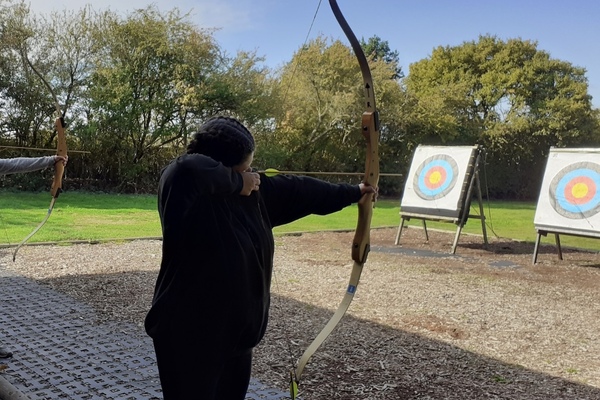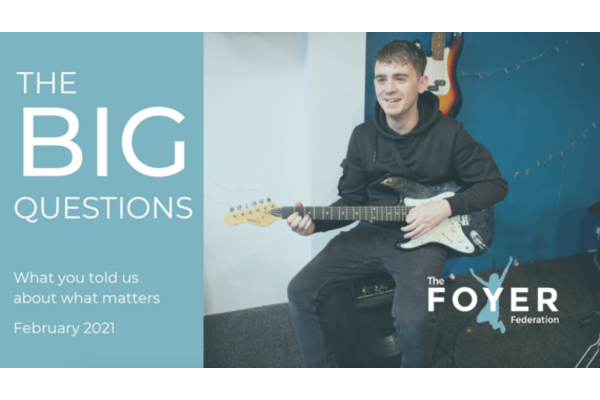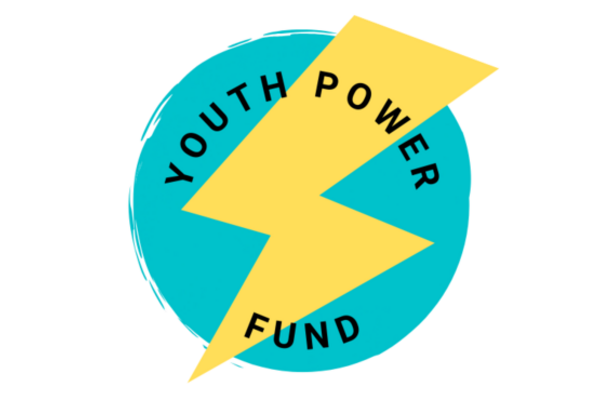Last week, we received an interesting and challenging letter from InspireChilli’s Team Young People. It asked us to question what it means to be a ‘young person’, and what it is about the 16-25 age range that’s so different from 26-30 – especially in today’s climate.
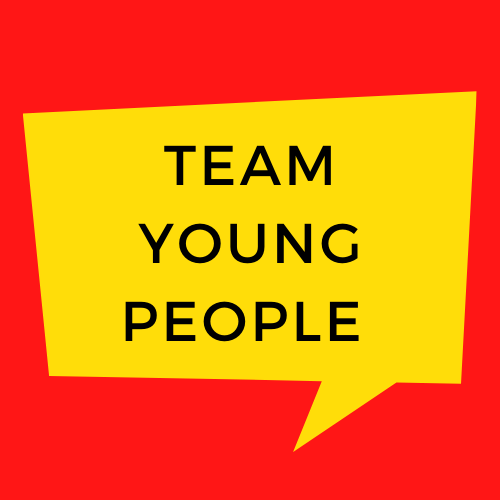
They said:
“It is certainly true that, aged over 25, something shifts that means you are no longer just a young person; but neither are you a fully formed independent adult. There still seems a need for opportunities to fit this ‘in between’ stage of emerging adulthood to help people complete a healthy transition. Instead of being able to find and create these opportunities, our experience is that young adults end up excluded from the things they recognise as increasingly useful.
“According to current data from the national office of statistics, the transition to employment occurs at a later age than ever before, with only 50% of young people starting a full-time work experience by the age of 19. Young people are also living with their parents longer, with 10% more 26-year-olds in 2017 than in 1997. Only by the age of 30 do the figures between 1997 and 2017 level out, suggesting that the transition beyond the family home takes 5 years longer than before. It is not until 34 that 50% of young adults are able to own their own home. Instead, the majority of 25-34-year-olds rent, 20% more than in 1998.
“Why then, we ask, would any organisation draw the line at 25? Looking in from outside, we are influenced to see ourselves as too old – and feel we have failed because we still have things we want to achieve. Even at 26 we have potential ahead of us, don’t you agree? We are still ‘opportunity youth’ evolving into adult identities, seeking to take control of our lives and do meaningful things with and for others.”
They concluded their letter with four suggested actions organisations could take in future to explore expanding services to focus more on stage than age. These are:
- Recognising that 26-30 is a more accurate phase for emerging adulthood than 21-25 and consider supporting opportunities for this age group.
- Changing the use of age boundaries for programmes, at least cutting off at 30 rather than 25.
- Offering a special ‘pass’ to people over 25 who have relevant opportunity needs.
- Avoiding age-specific markers and making funding and opportunities life-stage-based instead.
Our promise
As The Foyer Federation, we have pledged to do the following to meet the challenge laid down by Team Young People:
- Removing references to the age range 16-25 from our website and replacing it with ‘young people’, other than where restrictions are in place from external organisations, eg local councils.
- Sharing the ideas and challenges here and in our newsletter to amplify the letter within our network.
- Opening up our programmes to a wider age range, when funding permits it.
We want to thank Team Young People for their inspiring letter and we pledge to continue to challenge ourselves to broaden our own horizons, and those of young people at an appropriate stage of life.
